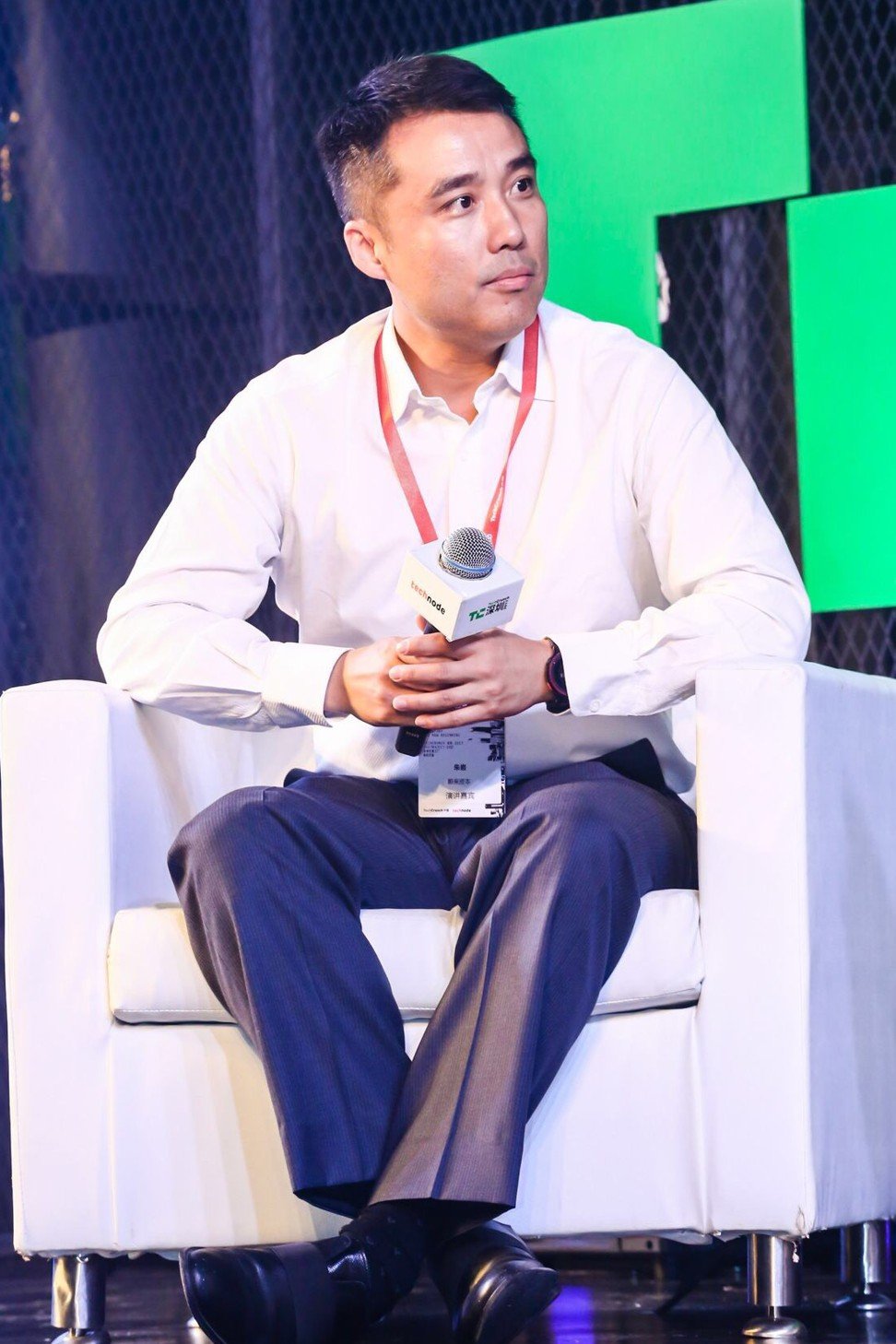
NIO Capital says battery swapping key to low-cost electric vehicles, invests in provider Aulton
Battery swapping should be a ‘public network asset’, says managing partner Ian Zhu

NIO Capital, the technology investment firm affiliated with electric vehicle start-up NIO, said its investment in Aulton, a Guangzhou-based battery swapping technology provider, underlined its conviction that electric vehicles should be powered by a public battery charging network that can be shared between different vehicle users.
Ian Zhu, the company’s managing partner, told the South China Morning Post Aulton was among the latest additions to its 15 portfolio companies in the new energy sector. The investment, worth “several hundred million yuan”, was made this year, he said, without giving any further details.
NIO Capital, which manages a renminbi fund totalling US$1.5 billion and is reportedly in the process of closing a dollar fund, was the lead investor in Aulton’s recent series-A funding round, and is prepared to back subsequent financing rounds.
“We are looking at technology and companies that enable energy users to be more energy efficient. Electric vehicles are the black swan for the energy sector, as the whole energy landscape will change, and it provides the perfect storm today for investors to capture the best opportunity,” Zhu told the Post on the sidelines of the China Private Equity Summit 2018 on Tuesday. He said the traditional role played by major oil and gas giants such as Shell, BP and Petro China, and utility providers would undergo fundamental changes.
Battery swapping is not new. Better Place, a company based in Palo Alto, California tried to pioneer the concept, but was unsuccessful and had to file for bankruptcy in 2013.

Zhu suggested the operating environment for electric vehicles at that point of time was very different. Today, many major car manufacturers are focusing on the production of electric vehicles, and battery costs have also come down significantly. These factors supported his view that battery swapping technology was the way forward for electric vehicles, he said.
Aulton’s batteries are installed in taxis and vehicles used to provide car-hailing services, such as Didi Chuxing. It has been working with the electric vehicle subsidiary of Beijing Automotive Industry Holding to provide designs for taxis made by the carmaker that enable batteries to be swapped within three minutes. Two thousand such taxis are currently servicing the suburbs of Beijing, said Zhu. Aulton plans to build a battery swapping network across the country.
“Battery swapping makes it possible for people to buy new electric vehicles without the battery, whose cost will be lower than a combustion engine-based vehicle. Battery swapping should be a public network asset, and we are investing in that network,” said Zhu.
Beijing has since last year been working to replace all its petrol-powered taxis with electric vehicles within five years. This will affect 70,000 registered taxis. There are currently 1.5 million taxis in China.
The cost of batteries has significantly come down, to US$200 per kilowatt hour now from US$2,000 in 2007. Zhu said that without a battery an electric vehicle would cost between 80,000 yuan (US$12,485.76) and 90,000 yuan. A car with a battery, for instance the BYD EV300, costs US$23,000.
NIO Capital was co-established by NIO and investment companies Sequoia and Hillhouse Capital in the central Chinese city of Wuhan a year ago, and counts Hubei Yangtze River Industry Fund as an anchor investor. Apart from new energy, NIO Capital also invests in autonomous driving and connected vehicle technologies, and advanced manufacturing.